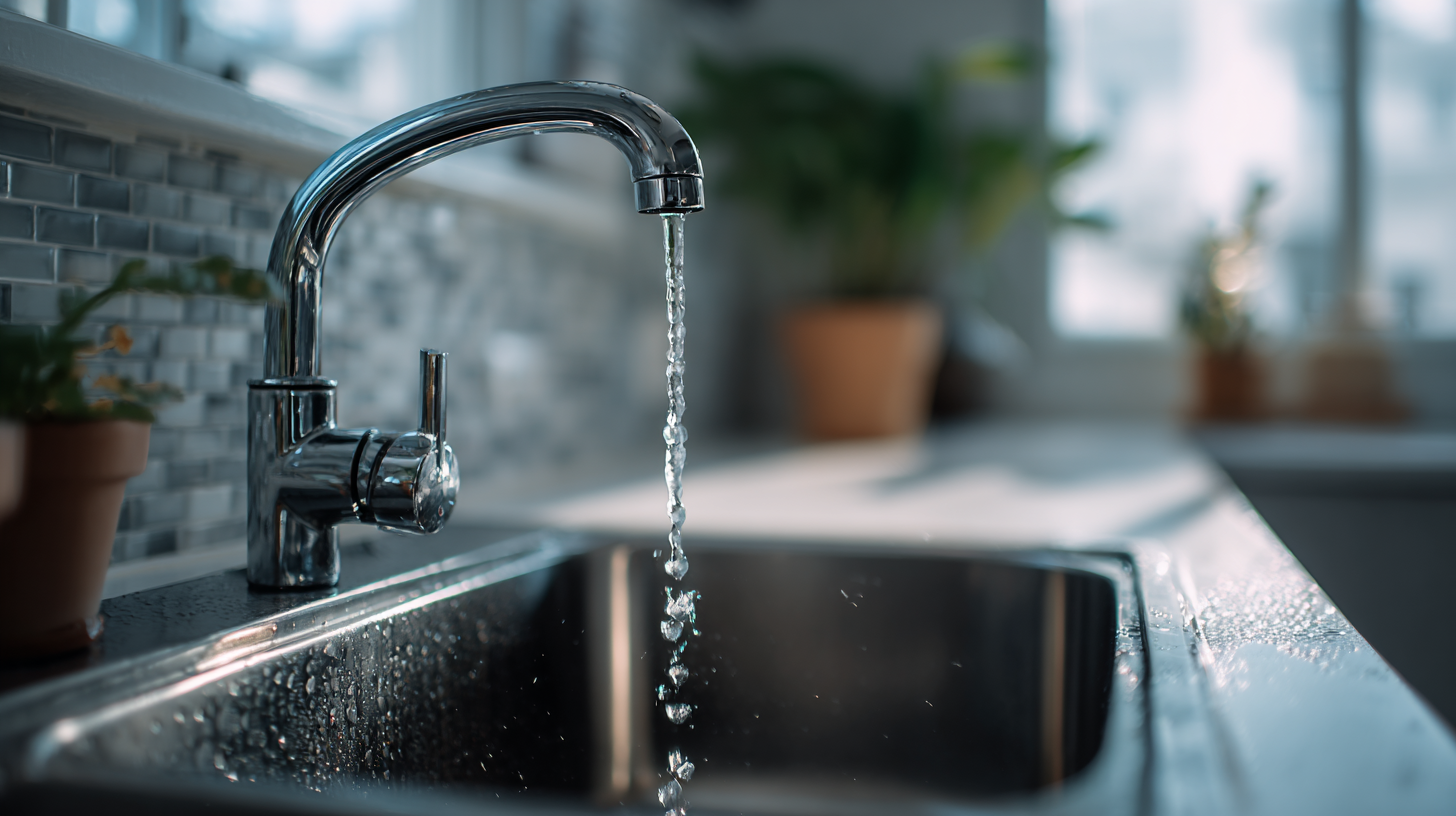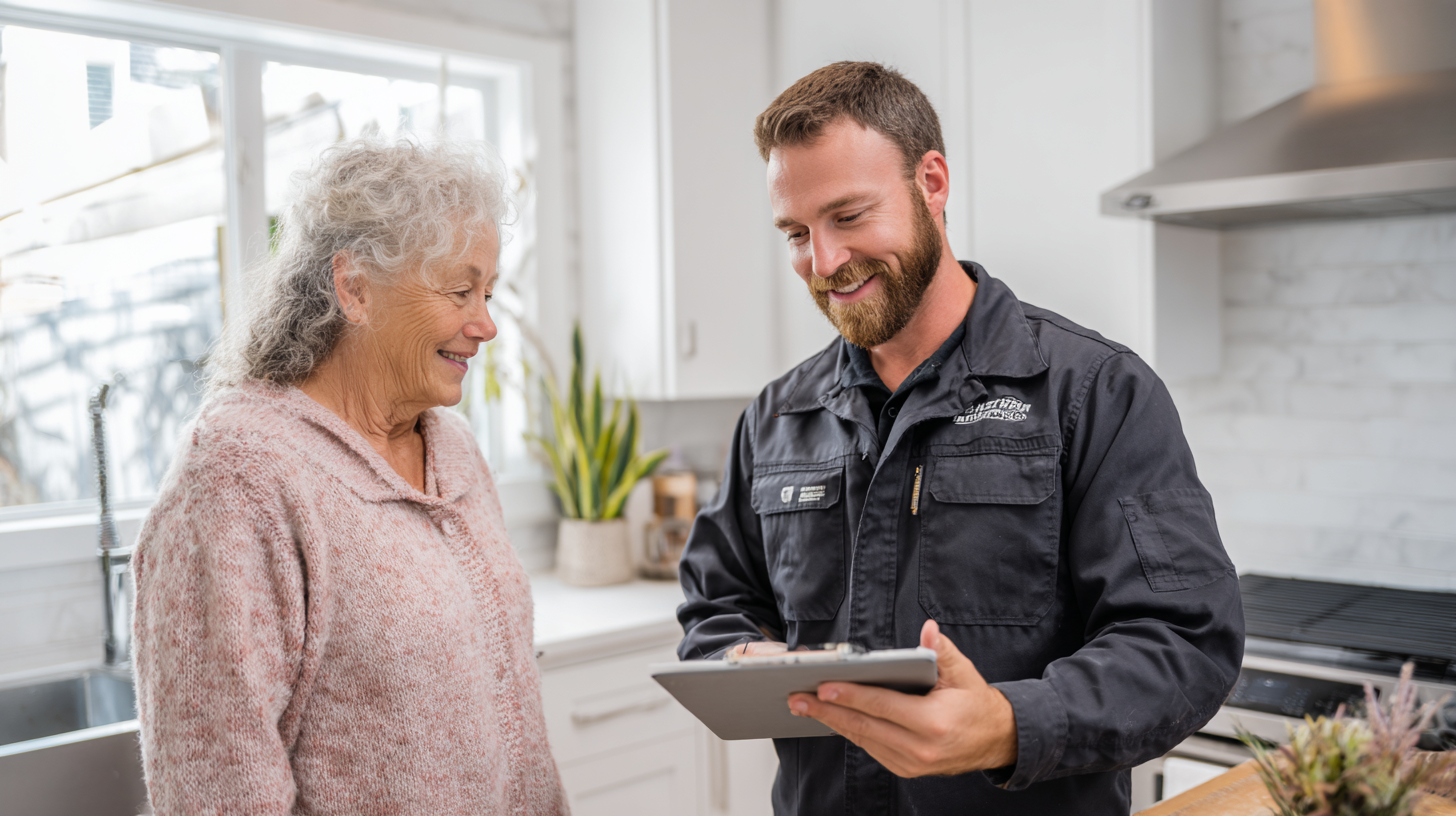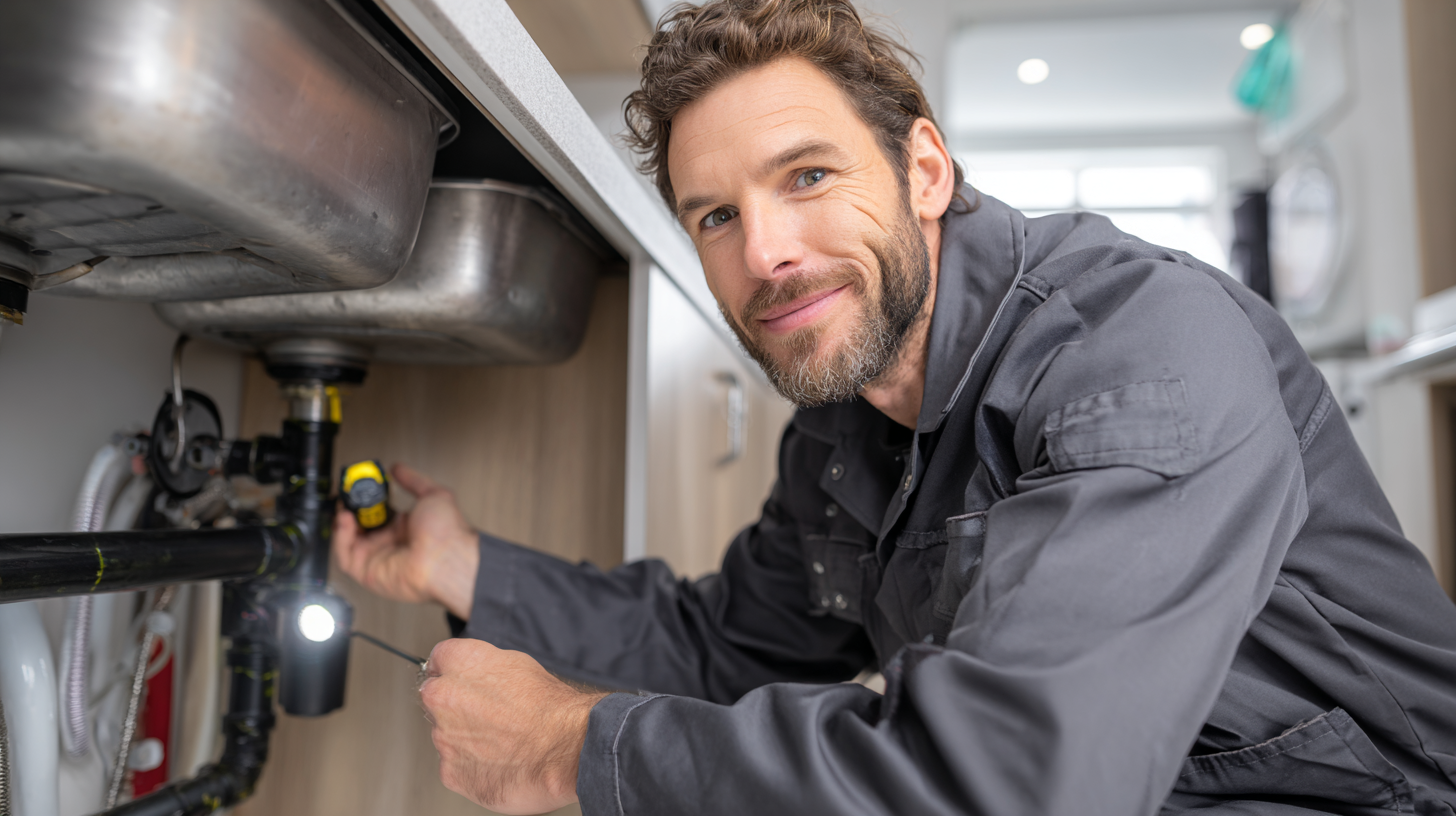How to Avoid Plumbing Emergencies: 7 Preventive Tips Every Homeowner Should Know
Few things cause more stress for homeowners than a plumbing emergency. Burst pipes, overflowing toilets, or a sudden water leak in the middle of the night can throw your entire day off and cost hundreds—or even thousands—of dollars to fix. Many plumbing disasters are preventable with a little attention and care. By staying proactive, you can reduce the risk of urgent calls and keep your home running smoothly.
Here are seven practical tips to help you avoid plumbing emergencies.
1. Watch what goes down your drains
Grease, coffee grounds, wipes, and hair are some of the most common culprits behind clogged drains. While it might seem harmless to rinse small amounts down the drain, these materials build up over time and can lead to blockages that stop water flow completely. Grease poured down sinks is one of the leading causes of sewer backups in homes. Using drain strainers, disposing of grease in the trash, and being mindful of what you flush can prevent costly clogs and plumbing issues.
2. Know the age and condition of your pipes
If you live in an older home, your plumbing system may be made of outdated materials like galvanized steel or polybutylene that are prone to corrosion and leaks. These materials were commonly used in homes built before the 1980s and 1990s, so if your house dates back to that era, it’s worth checking into. Even copper and PVC pipes have lifespans. Regular inspections can help you spot weak points before they fail. If you’re unsure about the age of your pipes, a licensed plumber can give you a clear assessment and recommend upgrades when needed. This is especially important for water lines, since hidden deterioration can lead to major water damage if left unchecked.

3. Keep an eye on water pressure
High water pressure might make your shower feel great, but it can put unnecessary strain on your pipes, fixtures, and appliances. Over time, that pressure can lead to leaks or burst connections. The recommended household water pressure for single family homes is between 45–60 psi. Installing a pressure regulator and monitoring with a gauge can keep your water supply within a safe range and reduce the risk of sudden plumbing failures.
4. Check appliances and fixtures regularly
Washing machine hoses, dishwasher connections, and toilet seals are all common sources of unexpected leaks. A cracked hose, leaky faucets, or worn washers can go from a drip to a flood quickly if not addressed. Make it a habit to inspect appliances and fixtures a couple of times a year. Replacing a $10 hose today is far cheaper than cleaning up a flooded laundry room tomorrow.
5. Maintain your water heater
A leaking or failing water heater can cause significant water damage, especially if it fails suddenly. To extend its life, flush the tank once a year to clear sediment buildup and check the pressure relief valve for proper operation. Because improper flushing can sometimes damage older units, consider having a professional perform the maintenance if your heater is aging or you’re unsure of the process. Most water heaters last 8–12 years; if yours is nearing that age, start planning for a replacement before water heater issues become an emergency.

6. Schedule seasonal plumbing checkups
A professional inspection once a year—or even seasonally in areas with harsh winters—can identify hidden plumbing issues before they become emergencies. Plumbers can check for small leaks, inspect pipe insulation, and test your sump pump or backflow preventer. They may also spot early signs of sewer line or sewage backups that you wouldn’t notice on your own. Think of it like a routine doctor visit for your home’s plumbing system.
7. Be prepared if an emergency happens
Even with the best prevention, emergencies can still occur. That’s why it’s smart to know where your main water shut-off valve is and to keep the number of a trusted emergency plumber handy. Nobody wants to be calling in the middle of the night, but knowing who to call can make all the difference in reducing damage and stress when the unexpected happens.
Keep Your Home Safe from Plumbing Disasters
Plumbing emergencies are costly, stressful, and always disruptive—but most can be avoided with a little prevention. By being mindful of what goes down your drains, keeping an eye on your water pressure, and scheduling routine inspections, you can greatly reduce the risk of clogged pipes, leaks, or water heater failures. A few small habits go a long way toward protecting both your home and your peace of mind. And since no system is perfect, make sure you know where your main shut-off valve is so you’ll be ready to act quickly if the unexpected happens. Start today by checking just one area of your home—whether it’s your water heater, drains, or shut-off valve—and you’ll be better prepared for whatever comes your way.

